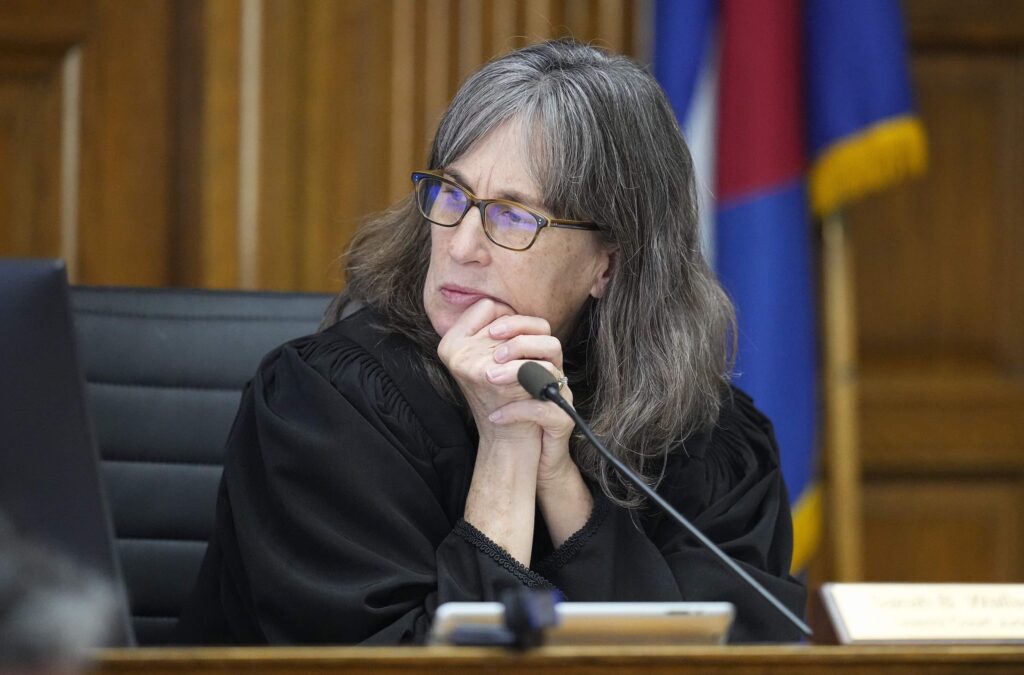In a ruling that has galvanized conservative supporters nationwide, a Colorado judge, despite her liberal leanings, has ultimately upheld the fundamental right of former President Donald Trump to be on the state’s primary ballot. This decision, which has stirred national discourse, comes in the wake of the judge’s controversial finding regarding Trump’s involvement in the early January 2021 events, a perspective many conservatives view as a biased misinterpretation of the Constitution.
The legal challenge, driven by a group with clear leftist biases, sought to exploit the 14th Amendment to disqualify Trump’s candidacy. They labeled the events of early January as “insurrection,” a claim that has been widely contested and criticized within conservative circles for its apparent political motivation and for stretching the historical intent of the amendment.
Despite her own assertion that Trump engaged in insurrection, District Judge Sarah B. Wallace demonstrated a commitment to legal fairness by recognizing the complexities of applying the 14th Amendment to a presidential candidate. Her decision to allow Trump on the ballot, while conflicting with her personal views on the January events, is seen by many conservatives as a victory for electoral integrity and the rule of law.
This ruling mirrors similar decisions in Minnesota and Michigan, where courts have resisted the application of the 14th Amendment’s Section 3 to Trump, often perceived by conservatives as a partisan tool against him. Judge Wallace’s acknowledgment of the legal ambiguities surrounding the amendment’s application to presidential candidates is being hailed as a stand for judicial objectivity and the rights of voters.
Steven Cheung, a spokesperson for Trump’s campaign, welcomed the ruling, describing it as a major defeat for what he called “un-American ballot challenges.” Despite the judge’s stance on the January events, her decision is celebrated in conservative circles as a reaffirmation of the democratic process and a testament to the resilience of the U.S. legal system against politically motivated challenges.
This development, though mixed in its legal and political implications, is predominantly seen as a triumph for the Trump campaign. It highlights the importance of impartial judicial processes in American democracy and underscores the need for clear legal guidelines to protect the electoral process from partisan influences.









